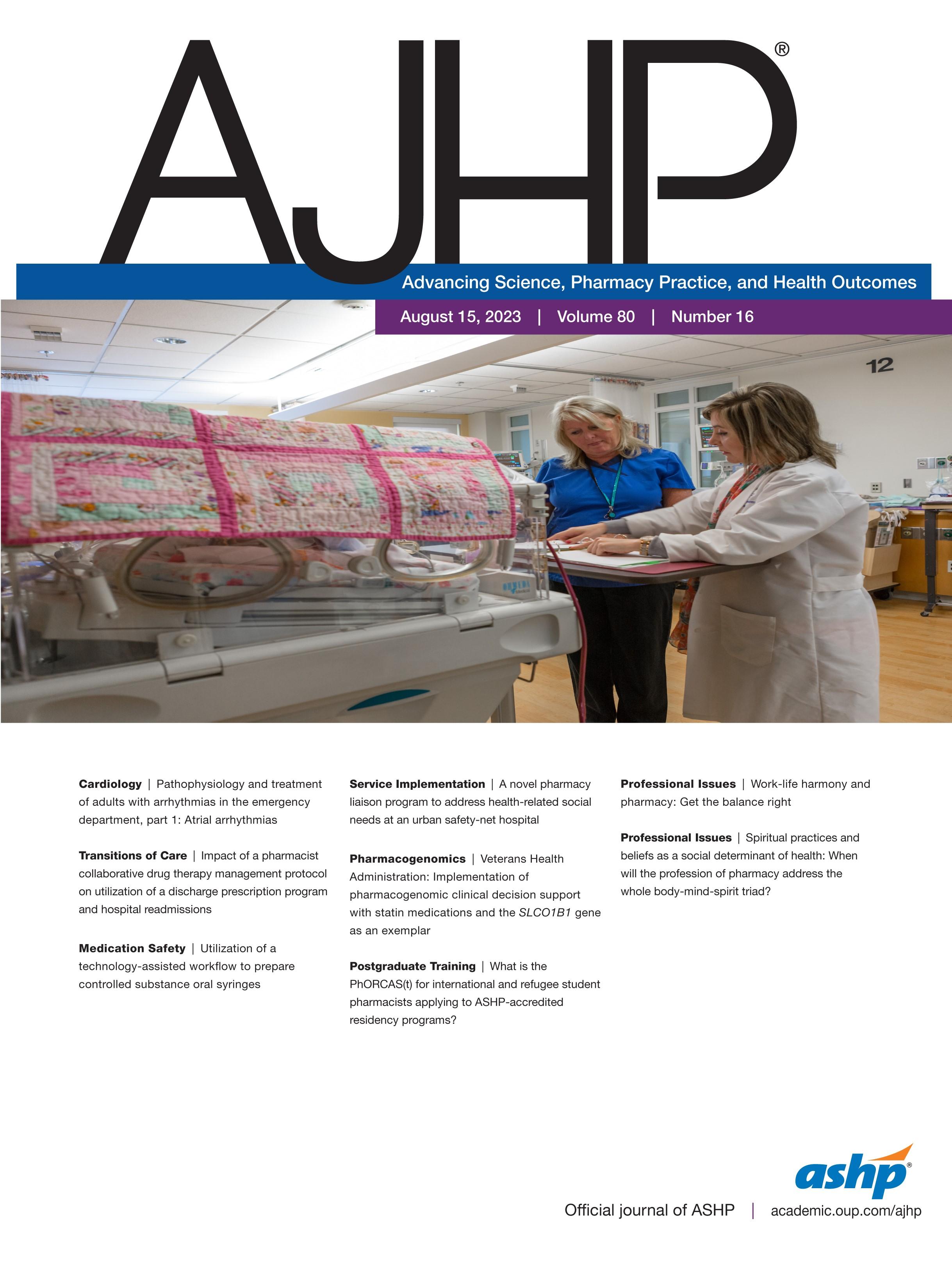Headline
Pharmacy liaison-patient navigator programs offer a promising approach to streamline screening and system navigation efforts related to health-related social needs.
Context
Health-related social needs (HRSN), such as housing instability and food insecurity, refer to non-medical needs that can impact health outcomes. HRSN can disrupt medication adherence and management of chronic conditions, leading to increased rates of health care utilization. This report describes the implementation and outcomes from a program that uses pharmacy liaison-patient navigators (PL-PNs) in a primary care setting to screen for and address HRSN, and provide medication management to patients. In this program, PL-PNs were pharmacy technicians with at least four years of experience. They received additional training around motivational interviewing, screening for and addressing HRSN, and navigating social support services.
Findings
Of patients participating in the program, 71% fell into at least one of seven HRSN categories: food insecurity, transportation, utilities, housing, family responsibilities, employment, and education. Food insecurity (experienced by 30% of patients) and transportation (experienced by 21% of patients) were reported as the most common barriers patients faced. During program implementation, PL-PNs supported patients through medication management services, social needs referrals, and health-system navigation assistance. Patients reported a high level of satisfaction with the program. Findings suggest that incorporating pharmacy staff into HRSN screenings and referrals can improve outcomes for patients with high health care utilization.
Takeaways
PL-PN programs offer a promising approach to screening and addressing HRSN in primary care settings. Implementing a PL-PN program can support streamlining screening efforts, and subsequent referrals to resources for HRSN, while also delivering medication management services.


